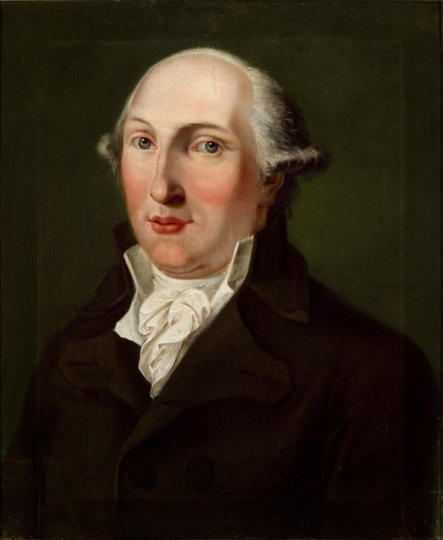Friedrich-Gedike-Seminar. Akademie für Lehrkräftefortbildung
With the new Friedrich Gedike Seminar, the Berliner Antike-Kolleg now has its own institutional structure to promote the active application of more than 15 years of expertise in the professional development of teachers at Humboldt-Universität zu Berlin (HU). Led by Prof. Stefan Kipf (Didaktik der Alten Sprachen [classical language didactics], HU), the aim of the Academy for Advanced Teacher Training is to ensure a continuous transfer of knowledge between university research and teaching practice in schools.
Updates on relevant research– free and online
The only institution of its kind in Germany, the Friedrich Gedike Seminar represents a research-oriented subject-specific addition to the wide range of professional development offerings for Latin and Greek language teachers. Through the targeted transfer of subject-specific content, the seminar will make an important contribution to quality assurance and greater professionalism in classical-language instruction. In online lectures and workshops, you, as a teacher, can find out about the questions being investigated through current research as well as about recent findings in all ancient studies disciplines that are of relevance to your classes. Our training series, consisting of individual two-hour meetings or full-day workshops, offer you the opportunity to remain up to date with the latest research even after you have completed your degree while at the same time fulfilling your obligation to complete subject-specific further training
Certified further training
On request, you will be issued a certificate documenting your participation in a single training event or a series of training events. Please send an e-mail to fgs@berliner-antike-kolleg.org upon completion of the training to request your certificate.
Who was Friedrich Gedike? From orphan to school reformer
Portrait von Friedrich Gedike (Gemälde von Ferdinand Collmann)
Image Credit: Gleimhaus Halberstadt / Ulrich Schrader
An influential educator and school reformer born in 1754 in Boberow, a village in the Prignitz region, Friedrich Gedike is seen as a founder of Prussian new humanism. Wilhelm von Humboldt’s reforms were based largely on earlier work done by Gedike. After spending much of his childhood in an orphanage in Züllichau (now: Sulechów, PL), Gedike studied in Frankfurt (Oder) and then joined the Prussian civil service, where he advanced rapidly through the ranks. The changes introduced by his reforms are still with us today: he was the "father" of the Abitur, for instance, the common qualifying examination for higher education, and it was he who introduced regular examinations and standardised grading. With novel educational approaches such as the Lesebuchmethode (reader method), he revolutionised not only the teaching of Latin and Greek at Prussian Gymnasiums but also elementary writing instruction. He was also behind the introduction of the Referendariat (period of practical training required for a teaching credential), a major contribution towards the professionalisation of the teaching profession. Gedike’s activities as the publisher of the monthly "Berlinische Monatsschrift" and as a member in the influential "Mittwochs-Gesellschaft" and "Montags-Club" made him a central figure in the Enlightenment. He corresponded with Kant, Mendelssohn and Lessing. Friedrich Gedike died of “asthenia” (Entkräftung) in Berlin in 1803. His younger brother Ludwig Gedike was the Leipzig educator who founded the “German Bürgerschule”, a precursor of the Realschule (another form of lower-secondary school which is still widespread today).

